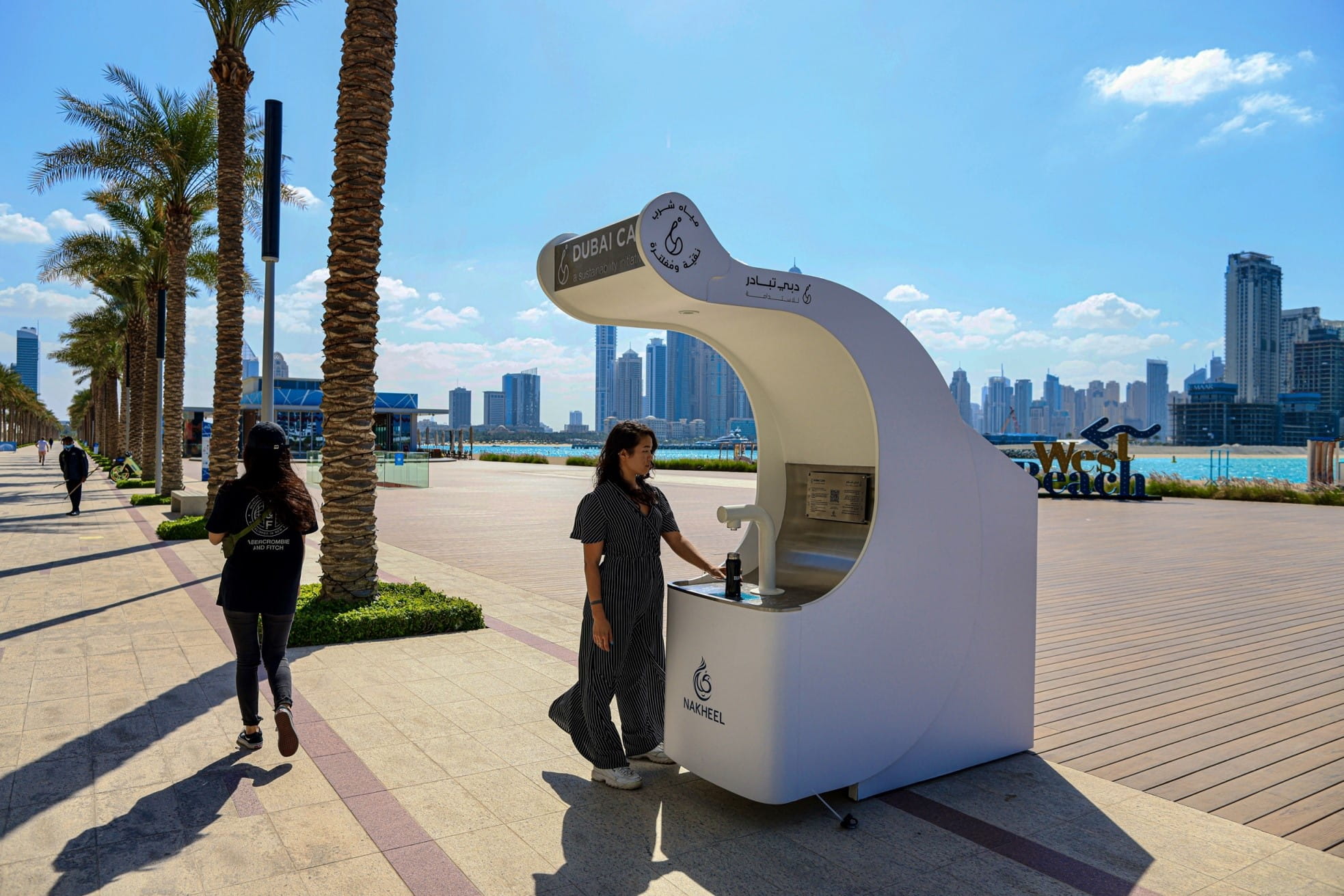Plastic is everywhere. From the packaging that wraps our groceries to the water bottles we sip from on a hot day, plastic has become a central part of our everyday lives. But as convenient as it may be, our growing reliance on plastic comes at a steep cost. The truth is, most plastic never disappears, it just breaks down into smaller and smaller particles, entering the food chain, harming marine life, and threatening health and the environment.
This June, as the world marks World Environment Day on 5 June, the focus is on a theme that couldn’t be more urgent, namely, the problem of plastic pollution and its solutions, launched under the campaign '#BeatPlasticPollution'. With an alarming rise in plastic consumption and disposal globally, this year's campaign is a call to action for governments, businesses, and individuals to work together and reduce our plastic footprint.
Connector explores why plastic pollution matters and what can be done about it especially by the residents of a country that proactively takes measures to promote sustainability.
Why Plastic Pollution Matters To The UAE
Globally, the United Nations Environment Programme (UNEP) reports that over 400 million tonnes of plastic are produced each year, half of which is designed to be used just once. And only less than ten percent of that plastic is recycled. An estimated 19 to 23 million tonnes of plastic enter aquatic ecosystems annually, causing devastating impacts on marine and human life.
According to Emirates Nature World Wide Fund (WWF), the average person in the UAE consumes around 94 kilograms of plastic each year, and this number is expected to grow unless urgent steps are taken. What makes the problem worse is that plastic isn’t biodegradable. It takes hundreds of years to break down, and much of it ends up in our oceans, harming marine life and polluting our water systems.
The UAE, with its long coastline and rich marine biodiversity, is particularly vulnerable. Discarded fishing nets and traps often entangle endangered species like sea turtles and dugongs. With high consumerism and a growing population, the country produces a large volume of plastic waste. According to the World Bank, people in the Middle East and North Africa (MENA) region contribute over six kilograms of plastic waste to marine environments annually. That’s one of the highest per capita rates in the world.

What the UAE is Doing to Tackle Plastic Pollution
The UAE government has taken several significant steps in recent years to combat plastic waste and promote sustainable living. Here's what has been done so far.
-
Ban On Single-Use Plastic Bags: In 2023, the UAE began implementing a phased ban on single-use plastic bags. Several emirates, including Abu Dhabi, Dubai, and Sharjah, introduced regulations to limit their use and encourage reusable alternatives.
-
Plastic Bottle Return And Recycling Initiatives: Authorities are promoting plastic bottle recycling through incentivised return schemes, like the recent launch of Sparklomats. Special machines have been placed in malls and public spaces where people can deposit empty plastic bottles for recycling. Dubai Can is another example of a government initiative that has successfully helped reduce single-use plastic consumption.
-
Recycling Infrastructure And Waste Management: Major investments are being made in recycling plants and waste sorting facilities. These aim to divert waste from landfills and improve the recycling rate of plastics across the Emirates.
-
Public Awareness Campaigns: Numerous public and private initiatives now focus on raising awareness about plastic waste. Campaigns, school programmes, beach clean-ups, and social media movements all play a role in encouraging people to rethink their plastic use.
-
Support For The Circular Economy: The UAE’s national sustainability goals include promoting a circular economy, where materials like plastic are reused and repurposed instead of being discarded after one use. Businesses are being encouraged to adopt sustainable packaging and eco-friendly alternatives.

How You Can Help: Practical Tips For UAE Residents
The plastic problem can feel overwhelming, but individual actions really do add up. Here are simple yet effective ways you can help and contribute to the campaign of #BeatPlasticPollution.
-
Ditch Single-Use Plastics
-
Say no to plastic bags, straws and cutlery. Carry a reusable bag and water bottle wherever you go.
-
Encourage your local grocery store to provide sustainable alternatives.
-
Make Sustainable Shopping Choices
-
Recycle Responsibly
-
Use designated recycling bins and follow local guidelines on separating plastic waste.
-
Take part in bottle return schemes if available in your area. Also use apps like RECAPP which will collect segregated plastic waste from your doorstep for recycling.
-
Spread Awareness
-
Volunteer For Clean-ups
-
Choose Greener Alternatives At Home
-
Opt for metal, glass or bamboo when choosing everyday household items.
-
Switch to bar soaps, refillable cleaners and other low-waste options.
-
Support Eco-Conscious Brands And Policies

A Shared Responsibility
The fight against plastic pollution is not just about rules or regulations. It’s about changing our mindset and habits. From households to corporations, everyone has a role to play. With the right knowledge and tools, we can shift towards a more sustainable lifestyle and protect the natural beauty of the UAE for generations to come.
On this World Environment Day, let’s not just acknowledge the plastic crisis, let's take action. Remember, every plastic item you refuse, reuse or recycle is a step towards cleaner oceans, healthier communities, and a more sustainable future.